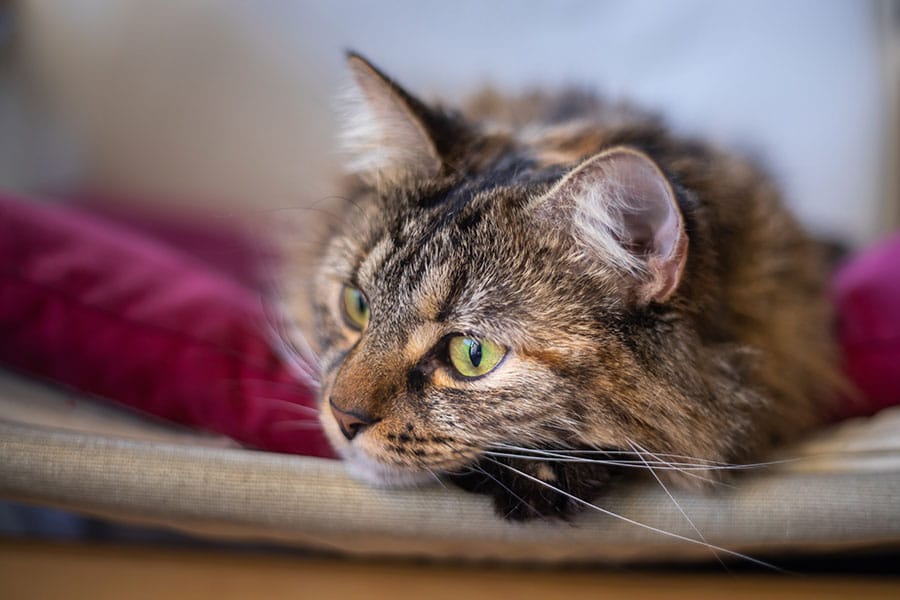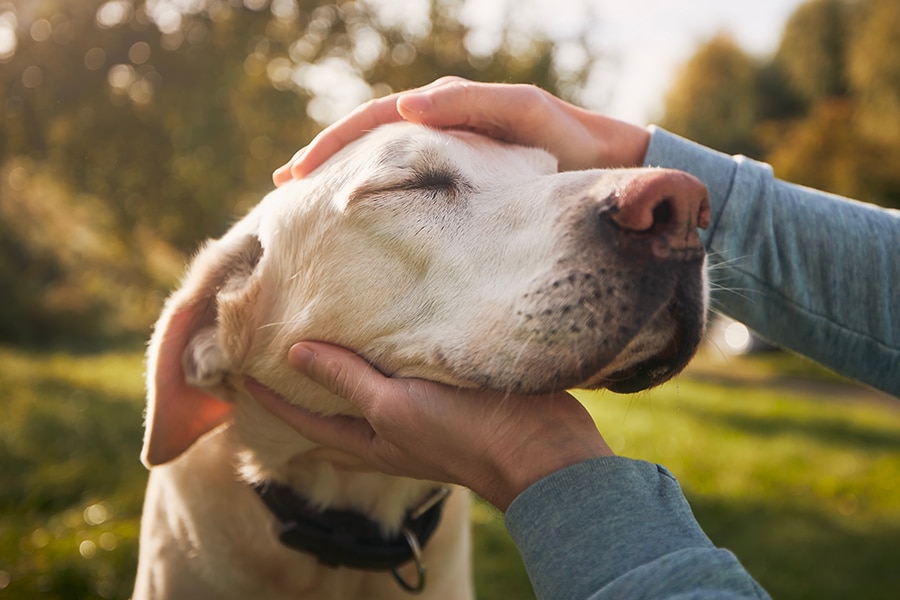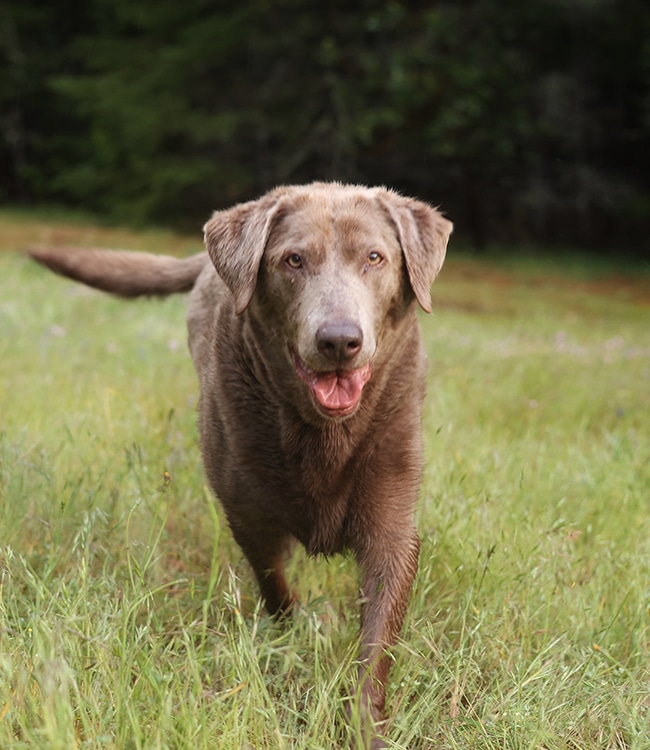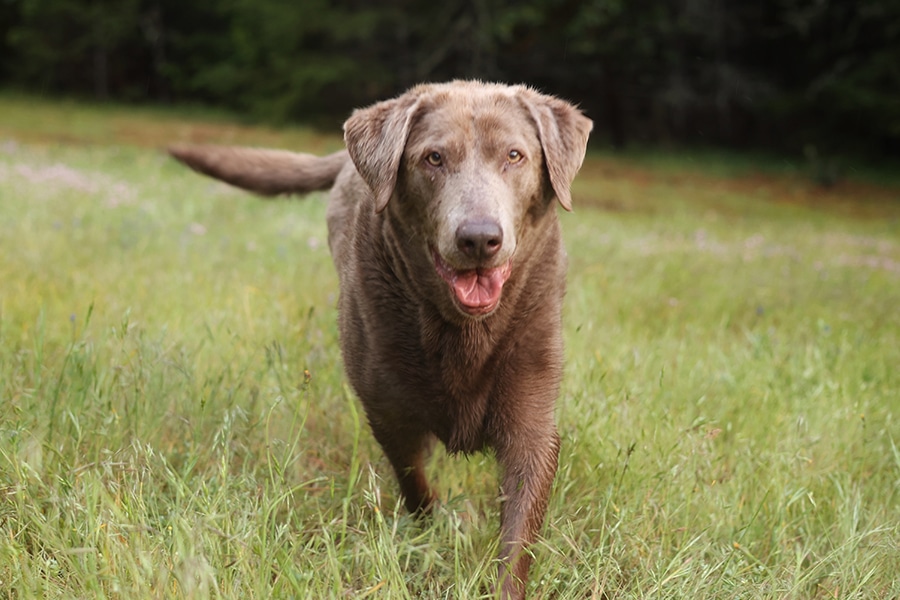Senior & Geriatric Pet Care in Lake Forest, CA
Request AppointmentCompassionate Veterinary Care for Your Aging Pet
As pets enter their senior years, their health and lifestyle needs shift in ways that require careful attention and proactive care. What may appear to be “normal slowing down” is often the first signal of medical conditions that can be detected and managed early. Senior dogs and cats face increased risks of arthritis, dental disease, kidney problems, heart issues, and cancer. With regular wellness exams, personalized nutrition, and thoughtful home adjustments, many of these conditions can be caught early, allowing your pet to live more comfortably and happily.
At Bliss Animal Hospital in Lake Forest, CA, we provide comprehensive geriatric veterinary care designed specifically for aging pets. Our compassionate team, advanced diagnostics, and family-focused philosophy make us the trusted partner for pet parents across South Orange County.

Aging looks different in every pet, but there are general guidelines that help us determine when extra care is needed. Dogs are generally considered senior around age 7, though giant breeds may begin showing age-related changes as early as 5. Cats usually enter their senior stage around 10, but many live comfortably into their mid-to-late teens with proper care. Beyond age, senior status is influenced by breed, genetics, and overall health history. For example, a Labrador retriever may face joint concerns earlier than a small terrier, while cats often experience kidney disease or hyperthyroidism in their later years. Recognizing when your pet has transitioned into the senior stage allows us to adjust care proactively, ensuring that subtle shifts don’t progress into serious problems.
What Does “Senior” Mean for Dogs and Cats?
Signs of Aging to Watch for in Senior Pets
It’s easy to dismiss changes as “just getting old,” but many are actually treatable or manageable medical conditions. Contact us if you notice any of these warning signs:

Weight changes
Sudden weight loss may indicate metabolic disease, while weight gain can worsen arthritis and heart problems.

Increased drinking/urination
Common in diabetes, kidney disease, or Cushing’s disease.

Mobility problems
Stiffness or reluctance to jump often signals arthritis or joint pain.

Lumps or bumps
Not all growths are cancerous, but all should be examined by a vet.

Bad breath or drooling
Often signs of painful dental disease, infections, or oral masses.

Vision/hearing decline
Cataracts, retinal disease, or ear infections can reduce sensory input.

Changes in sleep or grooming
Senior pets may sleep more, groom less, or seem restless.

Confusion or disorientation
Can point to cognitive dysfunction syndrome (similar to dementia).

Reduced activity
A pet who withdraws from play or social interaction may be in pain or ill.
Senior Wellness Exams: What to Expect
Senior wellness exams are the cornerstone of preventive care for aging pets. At Bliss Animal Hospital, we recommend exams every six months once your pet reaches senior status. Pets age much faster than humans, so a single year without evaluation is like skipping several years of health checks for us.
During a senior wellness visit, we conduct:
- Comprehensive physical exam: Thorough nose-to-tail evaluation with focus on joints, heart, lungs, and abdomen.
- Laboratory diagnostics: Bloodwork, chemistry panel, thyroid testing, urinalysis, and blood pressure.
- Dental evaluation: Detecting painful disease or infections that impact quality of life.
- Imaging when necessary: Radiographs or ultrasound for heart, lungs, kidneys, or abdominal organs.
- Pain assessment: Evaluating mobility, behavior, and subtle signs of discomfort.
- Behavior review: Identifying changes that may signal cognitive decline or stress.

- Quality-of-life scoring: Evaluating appetite, mobility, comfort, and happiness
- Hospice & palliative care: Focused on keeping pets comfortable at home when cure is not possible
- Gentle euthanasia: Performed with dignity, compassion, and support for your family
- Resources for grieving families: Helping you process and honor your pet’s memory
Quality of Life and End-of-Life Guidance
Read More

Frequently Asked Questions (FAQ)

Frequently Asked Questions (FAQ)
Schedule Your Pet’s Senior Wellness Exam in Lake Forest, CA
Your senior pet deserves the same love and dedication they’ve given you. At Bliss Animal Hospital, our geriatric care program provides everything from preventive screenings to pain management and end-of-life support.
Call us today at 949-354-5201 or request an appointment online to schedule your senior pet’s wellness exam

Flexible Payment Options
We aim to make our Veterinary diagnostics services accessible and convenient for all pet owners. We accept a variety of payment methods to accommodate your needs:
- Cash and Checks: We welcome payments made in cash or by check.
- Debit and Credit Cards: We accept major credit cards, including Visa, MasterCard, Discover, and American Express.
- Pet Insurance: We work with various pet insurance providers to help manage the cost of surgical procedures. Please consult with your insurance company to understand the coverage details.
- Financing Options: We offer financing options through CareCredit. Our team can provide more information and assist you in finding a plan that suits your budget.
If you have any questions about our payment options, please don’t hesitate to contact our office.
Meet Our Veterinarians
The blissful faces behind the care
Driven by compassion and purpose, here is the team who will work to make a difference in your pet’s life. Every single visit.


What your neighbors are saying!
Areas we Serve at Bliss Animal Hospital:
“Better Care. Better medicine.” This is our motto, and our veterinary staff stands behind it.
Bliss Animal Hospital is conveniently located at the Home Depot Plaza in Foothill Ranch, less than a 10-minute drive from the neighborhoods of Lake Forest, Rancho Santa Margarita, Mission Viejo, and Irvine (Great Park and Portola Springs). We also serve more distant regions like Tustin, Coto de Caza, Las Flores, Ladera Ranch, Laguna Hills, Laguna Woods, Stonegate (Irvine), Woodbury (Irvine), and Cypress Village (Irvine).
Our vet hospital is ready to serve not only the communities of South Orange County but also anyone who truly believes that veterinary medicine starts with relationships.




